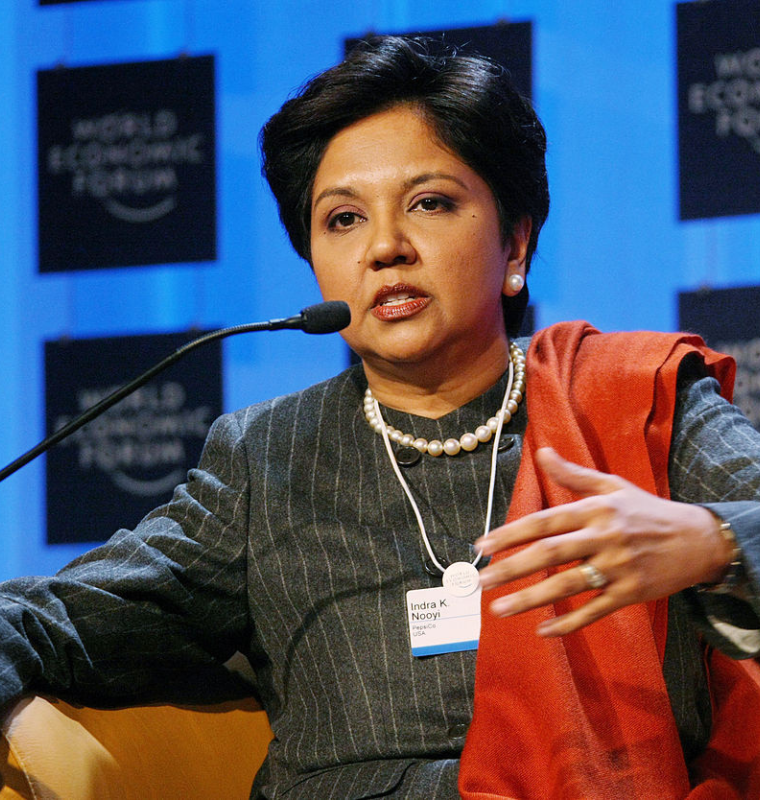Oil Industry Leaders Warn of Global Energy Risks as Israel-Iran Conflict Escalates
Oil Industry Leaders Warn of Global Energy Risks as Israel-Iran Conflict Escalates
By
Leah Rosenfeld
Last updated:
June 17, 2025
First Published:
August 3, 2025

Photo: South China Morning Post
Oil Executives Voice Urgent Warnings Amid Escalating Israel-Iran Conflict
Leading executives from some of the world’s largest oil companies are sounding the alarm over the rapidly deteriorating situation between Israel and Iran, raising serious concerns about the stability of global energy markets.
After Israel launched a surprise attack on Iran's military and nuclear infrastructure last Friday, the region has seen four consecutive days of escalating hostilities, with fears mounting that critical energy infrastructure could soon be targeted.
Although some energy sites in both countries have already sustained damage, vital oil and gas production facilities and crude flows remain largely intact for now. Yet, the specter of broader disruption looms large, particularly scenarios involving the closure of the Strait of Hormuz, a key artery for global oil transport.
“The last 96 hours have been very concerning, not just for the region but for the global energy system as a whole,” Shell CEO Wael Sawan told CNBC while attending the Energy Asia conference in Kuala Lumpur on Tuesday. “The geopolitical volatility we’re witnessing is unprecedented, and how we navigate the coming days and weeks is front and center for our leadership.”
Strait of Hormuz: A Global Oil Chokepoint at Risk
The Strait of Hormuz connects the Persian Gulf to global markets, and approximately 20% of the world’s oil supply — nearly 21 million barrels per day — passes through this narrow waterway, according to the U.S. Energy Information Administration (EIA). Any significant disruption in this channel could send global oil prices soaring, trigger severe supply chain delays, and dramatically increase shipping costs worldwide.
While there is growing anxiety about the possibility of Iran attempting to block the strait, many analysts argue that such a move may be technically and diplomatically difficult for Tehran to sustain.
Oil Prices Climb on Geopolitical Uncertainty
Oil markets have already begun reacting to the heightened tension. On Tuesday afternoon in London:
- Brent crude futures (August contract) were trading at $75.29 per barrel, up 2.8%.
- West Texas Intermediate (WTI) crude futures (July delivery) rose 2.5% to $73.55 per barrel.
This uptick reflects investor jitters, as traders increasingly view the Israel-Iran conflict as the most severe geopolitical flashpoint since Russia’s full-scale invasion of Ukraine in 2022.
Oil Companies Brace for Regional Instability
TotalEnergies CEO Patrick Pouyanné also addressed the growing security risks during the Energy Asia conference. “Our primary concern is always the safety of our employees operating across the region,” he said. TotalEnergies maintains major operations in Iraq, Abu Dhabi, Qatar, and Saudi Arabia, making the company particularly exposed to Middle Eastern conflict zones.
“We sincerely hope oil infrastructure remains untouched,” Pouyanné emphasized. “Any strikes on major installations would pose serious hazards to both safety and global energy stability.”
“The Year of Volatility”: Market Turbulence Far From Over
Adding to the growing chorus of caution, EnQuest CEO Amjad Bseisu characterized 2025 as "the year of volatility" for energy markets. “Every day brings a new crisis. This conflict between Israel and Iran has escalated the stakes even further,” he stated. “The sooner this conflict ends, the better for global markets. However, I believe the market remains adequately supplied in the near term.”
The rising instability has prompted some oil tanker operators to divert shipping routes away from the Strait of Hormuz, adding logistical challenges and driving up transportation costs.
Mounting Global Consequences
Energy analysts warn that the ripple effects of a prolonged Israel-Iran conflict could extend far beyond oil prices. Prolonged tensions may drive up inflation, further complicating monetary policy decisions in major economies already grappling with elevated prices and slowing growth.
“Oil remains the heartbeat of the global economy, and any sustained disruption could reignite inflationary pressures worldwide,” said Sarah Emerson, president of ESAI Energy. “Central banks, especially the Federal Reserve and European Central Bank, will be watching oil markets very closely.”
Historical Parallels: Echoes of 1970s Oil Shocks
Some market watchers are drawing parallels to previous oil shocks, particularly the 1973 oil embargo and 1979 Iranian Revolution, both of which caused prolonged economic turbulence due to soaring energy prices.
While today’s diversified energy landscape — including growing U.S. shale output and alternative energy sources — offers some buffers, the Middle East’s dominance in crude exports remains a vulnerability.
Looking Ahead
For now, global oil supply remains stable, but the margin for error is narrowing. If critical infrastructure is hit or if the Strait of Hormuz is compromised, the resulting shockwaves could destabilize markets for months to come.
Oil executives, policymakers, and investors alike are bracing for what could become one of the most consequential geopolitical energy crises of the decade.
Popular articles
Subscribe to unlock premium content
Indra Nooyi’s Strategic Vision at PepsiCo: Balancing Profitability with Purpose

Nike’s Direct-to-Consumer Revolution: How Cutting Retailers Boosted Profits and Control

Spotifys Playlist Power Turning Music Curation Into An Advertising Goldmine

Indra Nooyi’s Strategic Vision at PepsiCo: Balancing Profitability with Purpose

Nike’s Direct-to-Consumer Revolution: How Cutting Retailers Boosted Profits and Control

Indra Nooyi’s Strategic Vision at PepsiCo: Balancing Profitability with Purpose









